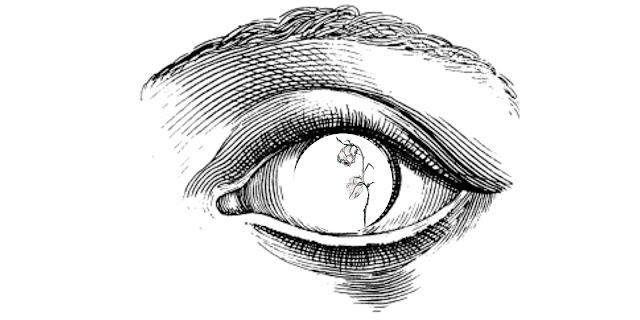TheBestToReads
NOCTURNAL
"Restless at night, I toss and turn,
my mind won't let my body yearn,
For sweet slumber and peaceful rest,
instead, it fills my head with unrest.
The darkness cloaks the world outside,
but inside my mind, a stormy tide,
Of thoughts and worries that won't subside,
keeps me awake, with eyes open wide.
The city's sounds are muffled and low,
as if the night has put on a show,
Of stillness and silence, a lullaby,
that fails to soothe my troubled sigh.
The streetlights cast an eerie glow,
as shadows dance, come and go,
The branches of trees rustle and creak,
as if they too are unable to sleep.
The moon, a glowing orb up high,
casts a soft light across the sky,
The stars twinkle, a million strong,
a reminder of time, ticking along.
But I am restless, unable to rest,
till the sun rises in the east,
And chases away the night's unrest,
with its warm and soothing rays, a feast.
Till then, I'll wait, and try to breathe,
counting the hours, till I can leave,
This restless night behind, and find,
the peace and calm that I have in mind."
By- Kaushal Naik
Night Falls
A common sleep disorder that affects millions of people around the world. It is characterised by difficulty falling asleep or staying asleep, or waking up too early and not being able to go back to sleep. Insomnia can be a short-term or chronic condition, and can have a significant impact on a person's quality of life, including their physical health, mental well-being, and daily functioning.
Stressful life events such as job loss, financial problems, or relationship difficulties can trigger restlessness. Stress causes hyper-arousal, making it difficult to fall asleep or stay asleep.
Nocturnal
Certain medical conditions such as chronic pain, asthma, or heart disease can interfere with sleep,
depression, anxiety, and other mental health disorders can also disrupt sleep patterns.While medications such as antidepressants, steroids, and stimulants are other reasons for insomnia,
use of caffeine, nicotine, and alcohol may increase nocturnal activities.
TREATMENTS like practising good sleep habits, such as maintaining a regular sleep schedule, avoiding caffeine and alcohol, and creating a comfortable sleep environment, can help improve sleep.
CBT is a type of therapy that helps identify and change negative thought patterns and behaviours that can contribute to insomnia. This therapy can help address underlying issues, such as anxiety or stress.Techniques such as meditation, deep breathing, and progressive muscle relaxation can help reduce stress and promote relaxation, making it easier to fall asleep.
By identifying the underlying causes of insomnia and developing an individualised treatment plan, you can improve your sleep and overall well-being. With the right care, you can start getting the restful sleep you need to feel your best.
" Insomnia can have a significant impact on a person's quality of life. If you are experiencing symptoms of insomnia, speak with your healthcare provider Now! "
Credits - Kaushal Naik
.jpg)





Comments